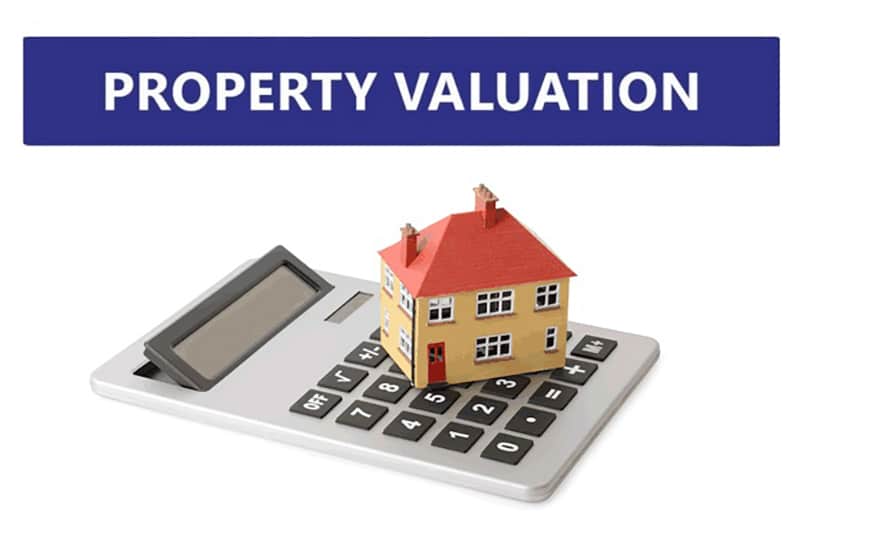Assessing the true value of a property is a complex endeavor that goes beyond the surface. While real estate agents can offer rough estimates, it’s important to note that a property appraisal and a property valuation report are not one and the same. In fact, the quoted price from an appraisal can often differ significantly from the definitive value of the property. To demystify this process, let’s explore the distinctions between property appraisal and property valuation.
Property Appraisal: A Rough Estimate
A property appraisal is not a definitive value, but rather an approximate figure provided by a real estate agent or professional. This estimate is typically based on recent sales data and the prices of similar properties in the local area. The agent arrives at the estimate by drawing upon their knowledge of the area and their familiarity with the local real estate market. It’s important to emphasize that a property appraisal is merely an estimate, derived from the subjective opinion and expertise of a real estate professional. Consequently, it should not be considered the actual value of the property; instead, it serves as a guide or a means to determine a potential price range.
The Purpose of a Property Appraisal
So, why should you seek a property appraisal? While it won’t provide a definitive value, a qualified real estate agent can offer valuable insights into how much your property might sell for in the current market. This estimated value enables property owners and sellers to gauge the local market and assess their potential return on investment or profit margin. It’s crucial to engage a qualified real estate agent who is intimately familiar with the neighborhood or local area. Such an agent can provide a more accurate appraisal due to their experience in the local market, leveraging their connections and expertise. Additionally, seeking appraisals and second opinions from multiple real estate professionals can be advantageous. Typically, property appraisals do not come with a fee, especially when the seller collaborates closely with the agent.
Property Valuation: The Definitive Assessment
In contrast, a property valuation is a formal and comprehensive process used to determine the exact price or value of a property. To conduct a property valuation, a qualified valuer must possess the necessary training and education in the field. They consider various factors beyond location, such as physical attributes, when arriving at the definitive value of the property. Key elements taken into account during the valuation process include the building’s structure and condition, accessibility (including public transport and parking), local council zoning regulations, special features like fittings, building plans, limitations, as well as any structural faults and property caveats. Property valuations typically come with a fee and include a detailed written report that thoroughly explains how and why the property’s value was determined.
The Significance of a Property Valuation

Property Settlement and Legal Disputes
Property valuations serve as a solid foundation for property settlements and can be crucial in resolving disputes in a court of law. The objective and well-documented nature of a valuation report lends credibility to the property’s assessed value.
Deceased Estates
When determining the value of a deceased individual’s estate, property valuations offer a clear and objective assessment of property values. This is vital for probate and estate distribution.
Asset Accounting and Management
In the realm of asset accounting and management, property valuations play a pivotal role. Businesses and organizations rely on accurate property valuations to assess the value of their assets for financial and strategic planning.
Financing and Lending Decisions
Financial institutions, including banks, often rely on property valuations when considering loan applications for property purchases or refinancing. A precise valuation report helps lenders assess the property’s worth and associated risks.
Conclusion
In summary, while property appraisals and property valuations both contribute to understanding a property’s value, they serve distinct purposes and provide different levels of accuracy. A property appraisal offers a rough estimate, useful for getting a sense of the market and potential returns, while a property valuation delivers a precise and formal assessment, invaluable for legal, financial, and strategic decisions. When navigating the real estate landscape, it’s crucial to recognize the disparity between these two processes and leverage each appropriately to achieve your objectives.





